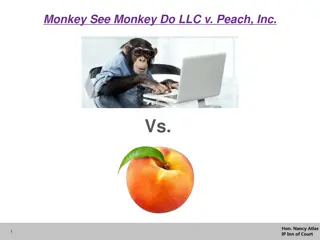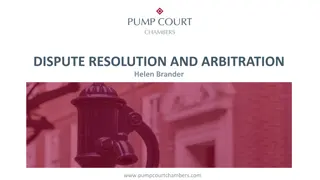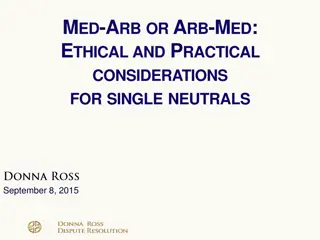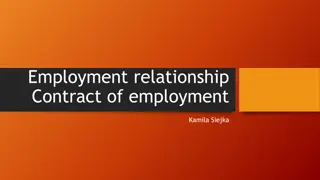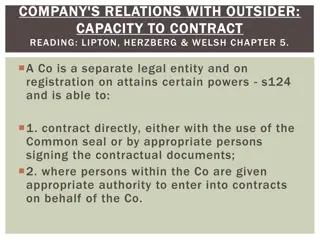Legal Contractual Obligations in Construction Dispute
Details a construction contract dispute involving a subcontractor and contractor, examining obligations, breaches, mitigation, and compensation under the law.
Download Presentation

Please find below an Image/Link to download the presentation.
The content on the website is provided AS IS for your information and personal use only. It may not be sold, licensed, or shared on other websites without obtaining consent from the author.If you encounter any issues during the download, it is possible that the publisher has removed the file from their server.
You are allowed to download the files provided on this website for personal or commercial use, subject to the condition that they are used lawfully. All files are the property of their respective owners.
The content on the website is provided AS IS for your information and personal use only. It may not be sold, licensed, or shared on other websites without obtaining consent from the author.
E N D
Presentation Transcript
K and G Construction Richard Warner
Timeline July 25: subcontractor performed work for which it submitted a requisition by July 25, as required by the contract, for work done prior to that date, payable under the terms of the contract by Contractor on or before August 10, 1958. August 9: bulldozer accident damaging Contractor's house occurred and Contractor refused to pay Subcontractor's requisition due on August 10, 1958, because the bulldozer damage to Contractor's house had not been repaired or paid for. September 12: Subcontractor stopped working on the project because of Contractor's refusal to pay the work requisition and notified Contractor by registered letters of their position and willingness to return to the job, but only upon payment.
Contractors Expectation Damages Contract performed Completed work Breach/mitigation Partially performed work damaged wall repair new sub hired (assume this is proper mitigation) Are the items in breach/mitigation reasonably foreseeable? Yes. Prove with reasonable certainty. Yes.
But There Is A Problem Subcontractors tend to be thinly capitalized i. e., they have no money to pay a judgment against them. The Contractor is not likely to get any compensation unless he does not pay the amount due under the contract for work done before July 25. But isn t the Contractor contractually obligated to pay that money?
Not If The Sub Materially Breaches Suppose the subcontractor s refusal to pay in a material breach. That material breach occurs on August 9 before the August 10 obligation to pay. The material breach eliminates the Contractor s obligation to pay, so the Contractor can keep the money.
Criteria for Material Breach 1. the extent to which the failure to perform deprives the injured party of the benefit he or she reasonably expected to obtain under the contract; 2. the extent to which the injured party can be adequately compensated for the deprivation of the benefit; 3. the extent to which the party failing to perform will suffer a forfeiture; 4. the likelihood that the party failing to perform will cure the failure; 5. the extent to which party failing to perform acted in accord with standards of good faith and fair dealing.
The extent to which the injured party can be adequately compensated for the deprivation of the benefit The Contractor would be adequately compensated for the deprivation of the benefit (= cost of repair, hiring the other subcontractor) if the court awarded expectation damages. (a) True (b) False
The extent to which the party failing to perform will suffer a forfeiture What about the subcontractor? If the subcontractor does not get paid, subcontractor works for free (= suffer a forfeiture). Remember the subcontractor worked up to August 9. So what is the value of all the unpaid work? The subcontractor could be holding too much money. The subcontractor can recover the reasonable value of the work done in restitution.
The Subs Restitution Suit Why would the sub want to sue in restitution? To answer, start with the rule. The rule is that the sub can recover in restitution if the sub conferred and benefit on the general, and it is unjust to let the general retain that benefit. So we ask. "Did the sub confer a benefit on the general?" There are two ways that could happen. (1) Suppose the amount due the sub in the August 10 payment was $10,000, and suppose the general contractor's total loss is only $5000. Then the sub has conferred a $5000 benefit on the general (value of work done as valued by the contract price minus amount of loss). Courts generally think it is unjust not to get compensated for work done. (2) The sub worked from July 25 - August 9 and did not get paid for that work. The value of that work is benefit the sub conferred on the general, and again it is unjust to let the general retain that benefit.
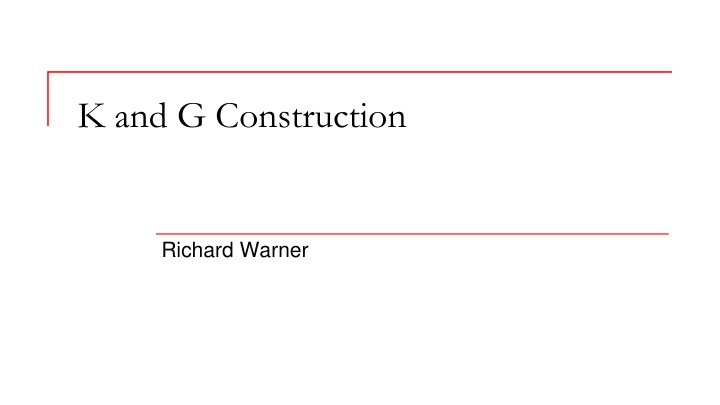

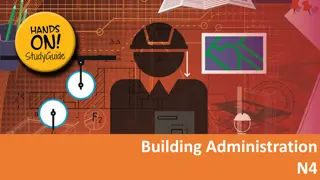

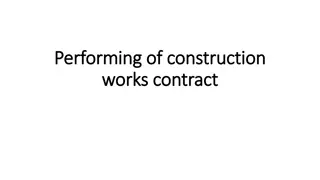
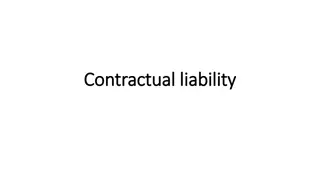
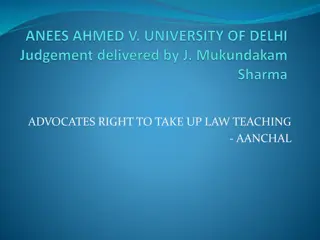
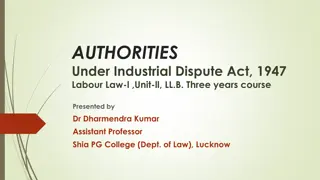


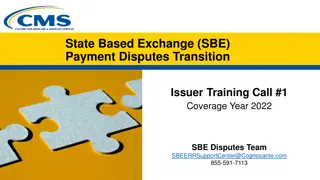




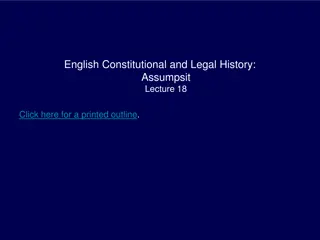
![Importance of Rock v. MWB [2018] UKSC 24 as Explained by Lord Sumption](/thumb/193348/importance-of-rock-v-mwb-2018-uksc-24-as-explained-by-lord-sumption.jpg)
